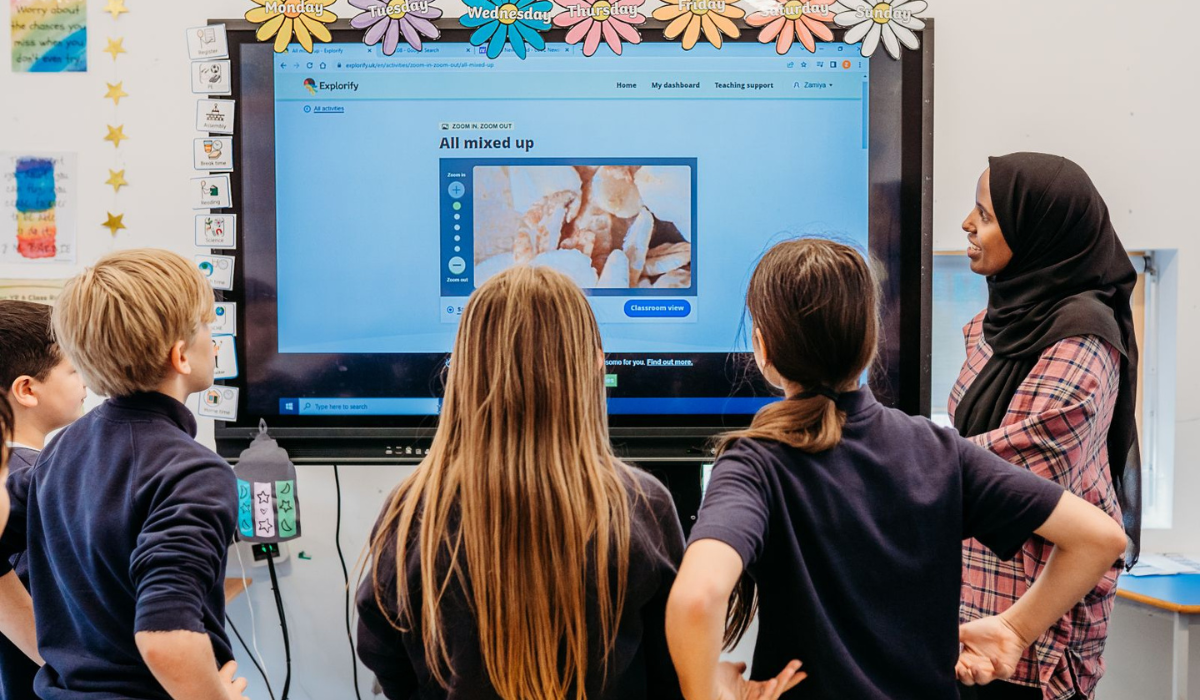Top five tips for getting to know your class
Welcome to your new class! We’ve got some tips to help you get to know the children on an individual level but also assess the dynamics and social skills of the class as a whole.

As you embark on a new school year with a new class, you need to understand the skills and understanding they are bringing with them, so you can start to make the curriculum work for them as quickly as possible. Follow these five tips to get to know your class:
First impressions count! Use starter activities such as Have You Ever, Odd One Out or Zoom In, Zoom Out to get your children talking. You can use this to find out what the children already know and track the vocabulary the children are using.
Use Have You Evers at the beginning of your science topic to find out what they know but also to introduce the topic from their viewpoint, making them the experts. This will help you to create a more bespoke medium-term plan that caters to the needs of all your children. It will help to get those children who do not engage, or see themselves as 'science-y' more involved in your lessons, so that they see science as something for them.
Find out what questions they have about the upcoming topic. Often, the children have already developed links about science and the world. Their curiosity is the perfect assessment of learning tool and can help take children beyond the curriculum objectives.
Do lots of hands-on activities. The Take it further sections of the Have You Ever activities will give you some ideas. You’ll soon discover the children who have great ideas and working scientifically skills. This knowledge will help you maintain a harmonious balance of personalities within a group so that everyone is contributing effectively.
Let them get to know you and what you enjoy about science too. Sharing your passions and areas of interest or expertise will spark passion from the children and allow you to go on a journey together.
Access all our Explorify actvites here!
